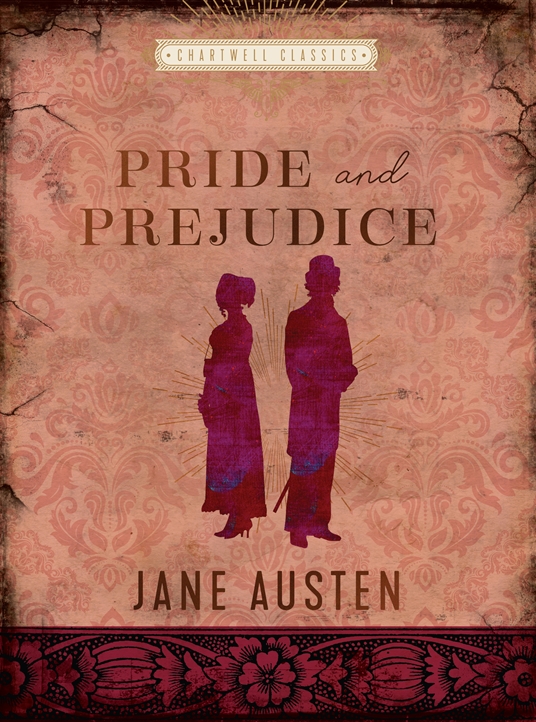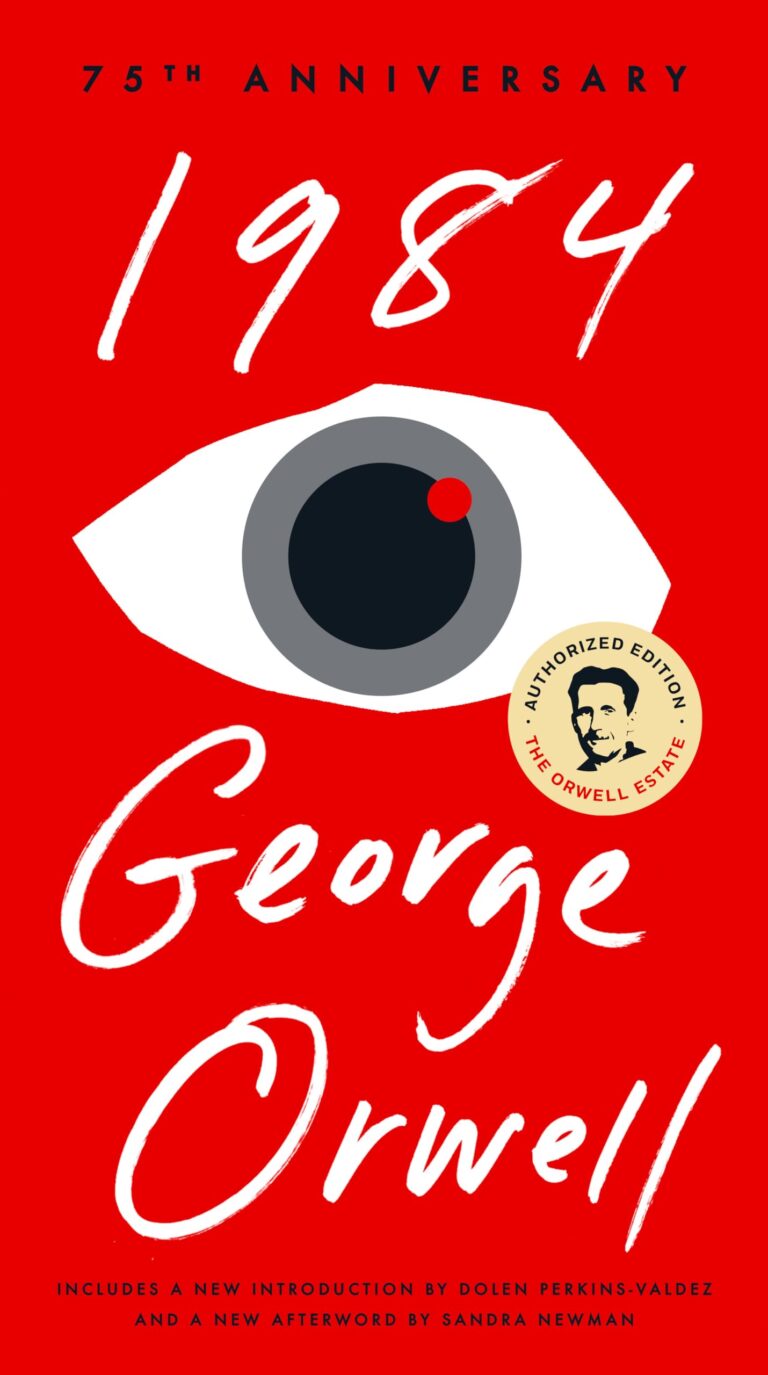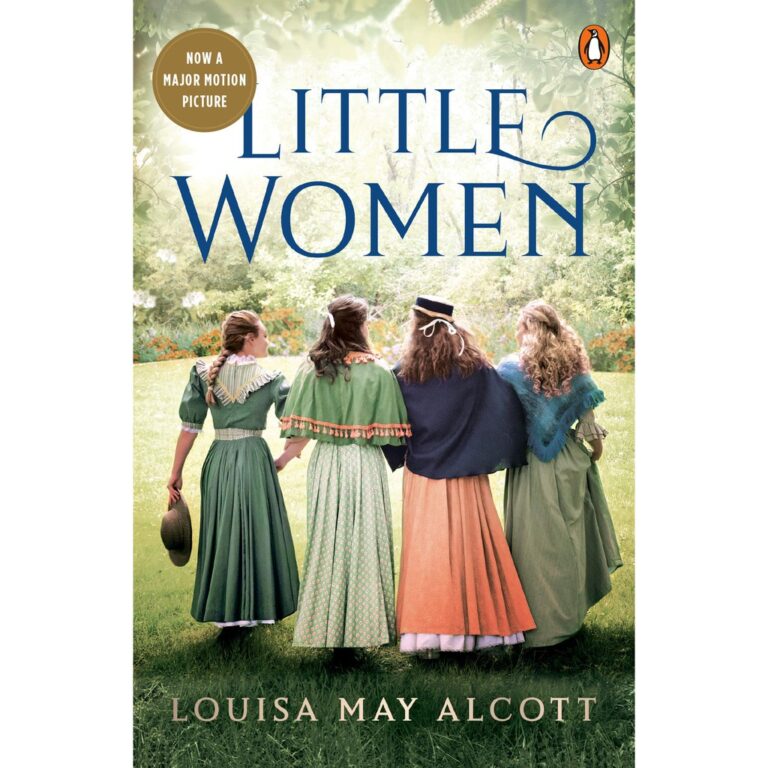Animal Farm: A Timeless Allegory of Power and Corruption
Animal Farm: A Timeless Allegory of Power and Corruption
What if animals took over the farm? George Orwell’s Animal Farm explores a world where power corrupts absolutely. But is it just a fable, or a reflection of reality?
Hello, readers! Have you ever wondered what happens when those in power begin with noble intentions but gradually turn into what they once opposed? Animal Farm is not just a story about animals; it’s a sharp critique of political dynamics, revolution, and corruption. Join me as we explore the key themes, characters, and lessons of this classic novel.
Table of Contents
Summary of Animal Farm
Animal Farm tells the story of a group of farm animals who revolt against their human owner, seeking to establish a society where all animals are equal. Led by the pigs, particularly Napoleon and Snowball, the animals initially experience a sense of freedom and unity. However, as time passes, Napoleon consolidates power, using propaganda, fear, and manipulation to establish a dictatorship that mirrors the oppressive human rule they sought to escape. The novel ends with the chilling realization that the pigs have become indistinguishable from the humans they once overthrew.

Key Characters and Their Roles
| Character | Role in the Story |
|---|---|
| Napoleon | A cunning and ruthless pig who becomes the dictator of Animal Farm. |
| Snowball | An intelligent pig who initially leads alongside Napoleon but is later exiled. |
| Boxer | A hardworking horse whose blind loyalty leads to his downfall. |
| Squealer | A pig who serves as Napoleon’s propagandist, manipulating language to control the animals. |
| Old Major | An elderly boar whose ideas inspire the revolution. |
Major Themes and Symbolism
Orwell’s Animal Farm is rich with themes that continue to resonate in modern times. Here are some of the most significant ones:
- Power and Corruption – “Absolute power corrupts absolutely,” as demonstrated by Napoleon’s rise.
- Propaganda and Manipulation – Squealer’s use of language to distort reality mirrors real-world political propaganda.
- Class Struggle – The working animals suffer under the leadership of the elite pigs, highlighting economic inequality.
- Betrayal of Ideals – The revolution’s original purpose is lost as the new leaders adopt the same oppressive tactics as their predecessors.
- The Dangers of Blind Loyalty – Boxer’s tragic fate shows the risks of trusting authority without question.
Historical Context and Political Allegory
Animal Farm is more than just a story about animals; it is a direct allegory of the Russian Revolution and the rise of Soviet totalitarianism. Each character represents a real historical figure or social class:
| Animal Farm Character | Historical Counterpart |
|---|---|
| Napoleon | Joseph Stalin |
| Snowball | Leon Trotsky |
| Old Major | Karl Marx / Vladimir Lenin |
| Squealer | Soviet Propaganda |
| Boxer | The Working Class |
Lessons from Animal Farm Today
Despite being published in 1945, Animal Farm remains relevant today. The novel serves as a cautionary tale about:
- Political Manipulation – Leaders who distort facts to maintain control.
- The Abuse of Power – How absolute authority leads to corruption.
- Social Inequality – The growing divide between the ruling class and common people.
- The Importance of Critical Thinking – The dangers of blindly following authority.
- Freedom vs. Control – The delicate balance between societal order and individual liberties.
Frequently Asked Questions
The novel warns against the dangers of totalitarianism and how power can corrupt leaders, leading them to oppress the very people they once sought to liberate.
Orwell used animals as allegorical figures to make the complex themes of the Russian Revolution more accessible and to highlight universal truths about power and corruption.
Absolutely. The book’s themes of propaganda, political corruption, and social inequality continue to resonate in modern political systems worldwide.
It represents the hypocrisy of leaders who claim to support equality while creating privileges for themselves, reinforcing a system of inequality.
Napoleon symbolizes Joseph Stalin, showcasing how Stalin consolidated power and eliminated political rivals, much like Napoleon did with Snowball.
Boxer represents the hardworking class that is often exploited by those in power. His blind loyalty and tragic fate serve as a cautionary tale about unquestioning obedience.
Final Thoughts
George Orwell’s Animal Farm is more than just a novel—it is a powerful warning against the corrupting influence of power. Its message remains as relevant today as it was when first published, urging readers to stay vigilant against manipulation and to think critically about the forces shaping society. What are your thoughts on the novel?






